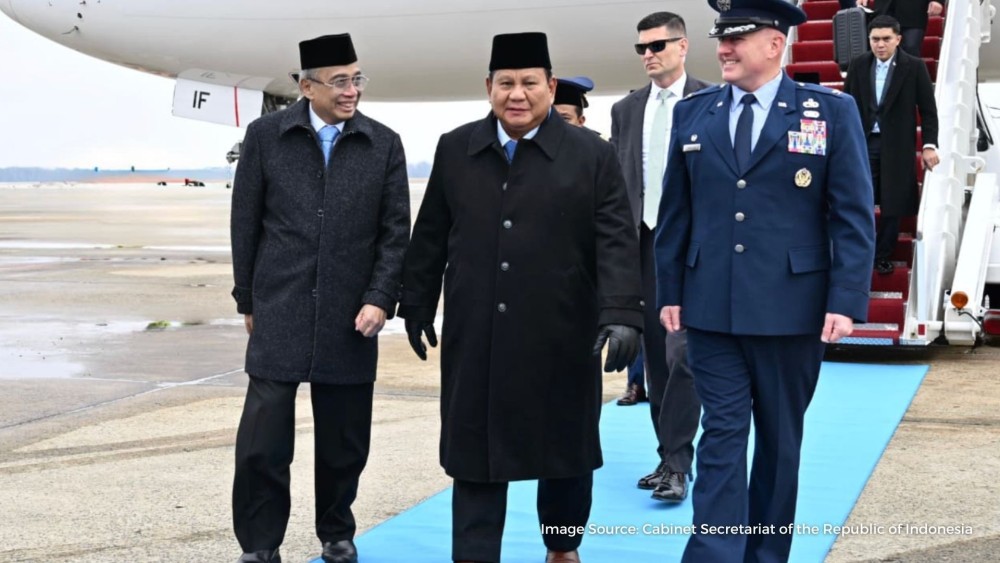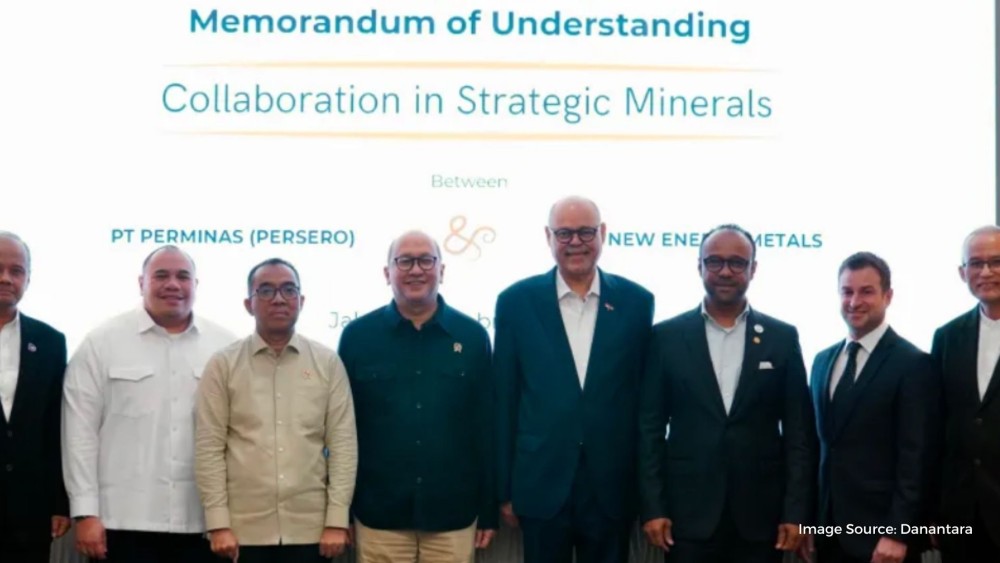Prabowo Reaffirms Commitment to Nusantara Development Amid Transition
14 Aug 2024

Indonesia's President-elect, Prabowo Subianto, has reaffirmed his commitment to the development of Nusantara, the country's future capital city, signaling a continuity of the ambitious project initiated by outgoing President Joko "Jokowi" Widodo.
During a recent visit to the under-construction city, which coincided with President Jokowi and his cabinet’s first-ever meeting at Nusantara’s newly completed Garuda Palace, Prabowo emphasized his determination to see the project through.
"I am determined to continue [Nusantara development], or finish it if possible. I think Pak Jokowi has taken a historic role; he initiated [the capital movement]. I will continue it at the very least," Prabowo stated in a press release on Monday.
The high-profile meeting, held behind closed doors, focused on evaluating the work of the Jokowi administration in its final year and discussing the transition to Prabowo’s upcoming administration.
Jokowi, who has been the driving force behind the $32 billion mega-project, described Nusantara as a historic opportunity for Indonesia. "The new capital Nusantara is a canvas on which we can carve out the future. Not every country has the opportunity or ability to construct a new capital from zero," Jokowi said, underscoring the strategic importance of the new capital in promoting balanced development across the archipelago.
As of August, the government announced that domestic investors had committed to the project, contributing approximately Rp 56.2 trillion (US$3.5 billion).
Investment Minister Bahlil Lahadalia highlighted that no foreign investor had yet poured money into Nusantara, adding to concerns about the project's financial viability.
However, Bahlil mentioned that four unnamed Japanese and South Korean companies are planning to invest in the project, focusing on property development in the second ring of Nusantara, outside the core government district. The involvement of these foreign investors is anticipated to begin between September and December, following the completion of the first ring.
Prabowo, who is currently serving as the defense minister, expressed optimism that the city could become functional within four to five years, although the master plan projects a much longer timeline for full completion.
"I am optimistic it will function very well in four to five years," he said. "I am not an engineering expert, but I see the potential." His focus, he noted, would be on ensuring the timely development of critical infrastructure, particularly offices for national legislative bodies, the Supreme Court, and the Constitutional Court. "Once such offices are built, it is safe to say that the future seat of government can operate, in principle," Prabowo stated.






